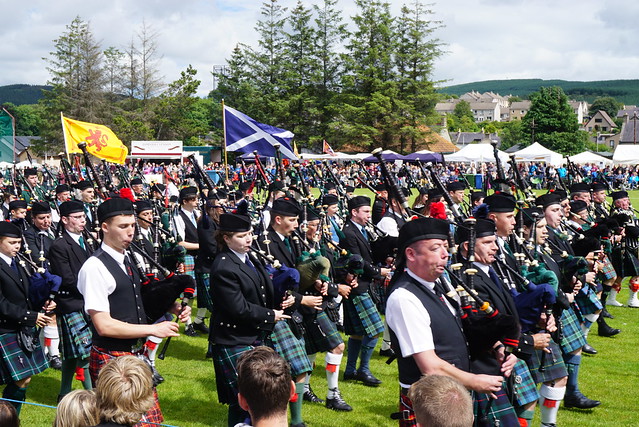Podcast: Play in new window | Download
In this episode we unravel the Celtic roots of words for wheel, rim and related things in French, Spanish and other languages.
The Proto-Celtic word *kambitā means rim and comes from Proto-Celtic *kambos (twisted, crooked, bent), from Proto-Indo-European *(s)ḱh₂embos (crooked), possibly from *(s)ḱamb- (bent, crooked) [source].
Related words in the modern Celtic languages include:
- camedd [ˈkameð] = crookedness, curvature, loop, bend, joint, hook in Welsh
- kammek = (wheel) rim in Cornish
- kammed [ˈkã.mːɛt] = rim, rounded in Breton
For more details of related words in the Celtic languages, see the Celtiadur post Crooked.
Words from the same Proto-Celtic root, via Transalpine Gaulish cambita (curve) and Latin *cambita, include jante (rim, wheel rim) in French, jante (rim, wheel rim) in Portuguese, llanta (tyre rim, wheel rim, tyre, fat) in Spanish, jant (rim, wheel rim) in Turkish [source].
Words from the same PIE roots possibly include schimpen (to abuse, swear at, mock) in Dutch, schimpfen (to tell off, scold, yell at) in German, skimp (to jeer, jibe, scoff, taunt) in Afrikaans, and skimp (to poke fun (at), banter, mock, speak sarcastically (about)) in Scots [source].
Radio Omniglot podcasts are brought to you in association with Blubrry Podcast Hosting, a great place to host your podcasts. Get your first month free with the promo code omniglot.






